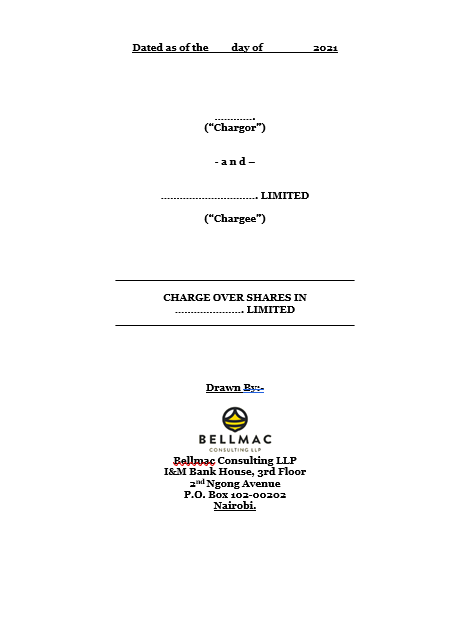Key aspects of a Charge over Shares include; The lender (chargee) obtains a security interest in the shares owned by the borrower (chargor), giving the lender rights over the shares if the borrower fails to meet their financial obligations, The arrangement is formalized through a legal agreement that specifies the terms and conditions including the events that would trigger the lender’s right to take control of the shares, In many jurisdictions, the charge must be registered with the relevant authorities to be enforceable against third parties this public record helps to protect the interests of the lender and Depending on the terms of the agreement, the chargee may have the right to sell the shares, receive dividends, or exercise voting rights if the borrower defaults.
A Charge over Shares is a useful tool for lenders as it provides a form of security that can be readily liquidated. For borrowers, it allows them to leverage their shareholdings to obtain financing without immediately selling their equity in the company.


